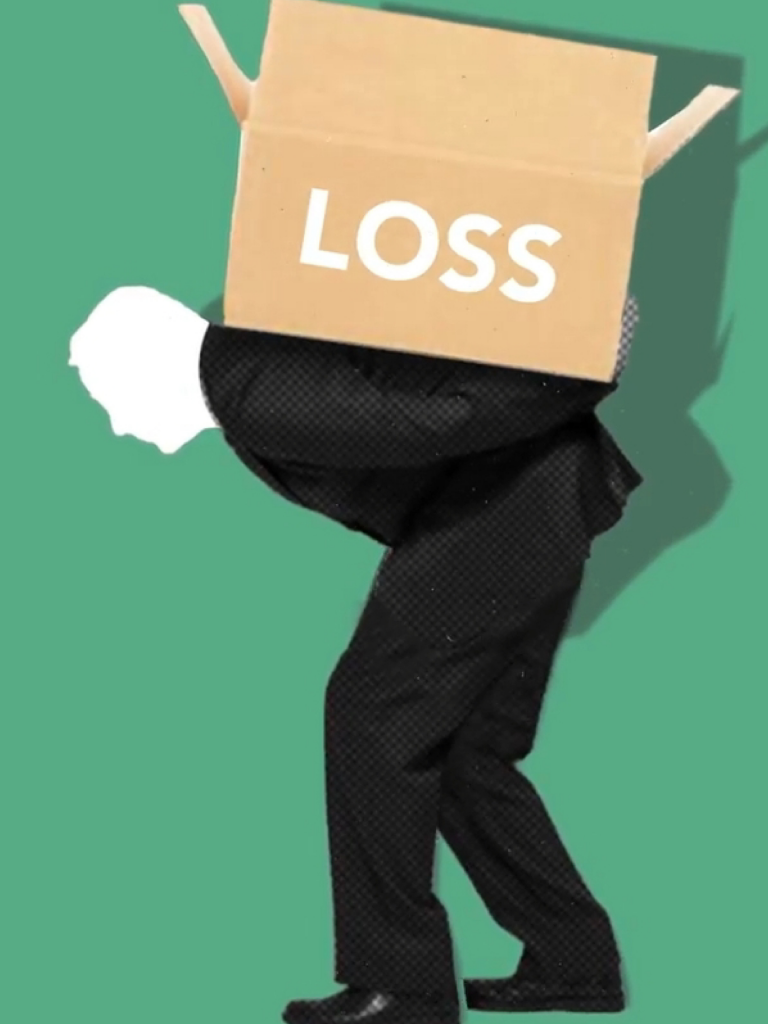I cannot stress enough (pun intended) that stress is part of everyone’s life, in one way or another: it is the proportion that differs.

I recently moved from one province to another. Trust me, it was more stressful than moving countries as I did almost four years back. I stopped to think, why? I was venturing out onto an unknown territory in both cases, I knew one or a few friends and family there, and it was a new challenge in my life. Then what was different, I wondered. Upon analysing the situation, I came to an interesting conclusion. There were a few things that were different in the first case: 1. I was more willing/open to change 2. I was mentally better prepared 3. I was young(er). (But does that matter? Check out our blog: Age is just a number) 4. I had greater acceptability for risks 5. The fear of the outcome was significantly less/or none at all.



By definition, stress is a feeling of physical, psychological, or emotional tension. It can originate from stress-causing factors or stressors; that makes you feel nervous, angry, or frustrated. The feeling of stress that continues even after the stressor (the event or the thought) is gone becomes anxiety. The body, as a result, requires immediate attention. And like I said before, it’s one’s response to stress, and it is stress management that makes a big difference to their well-being.
Types of stress
There are two types of stress:
- Acute stress: acute stress refers to situational events relating to the present or near future. These can be small everyday situations like meeting a deadline, getting late to work or missing an appointment. Better time management can help you become more resilient towards acute stress.
- Chronic stress: when you are exposed to high-pressure situations for prolonged intervals, it leads to chronic stress. This may lead to other symptoms of stress such as depression and anxiety.
The stressors can be of three types:
- Routine stress such as work-related stress, studies, financial stress, etc.
- Unexpected stress like change in location, job
- Traumatic stress that results from an accident, social, economic, or environmental disaster, etc.

And I think that some stresses just fall under all the above three categories. For instance, Covid-19 that started as traumatic stress, has seeped into our lives as routine stress.
We live in a very dynamic, ever-changing, highly competitive world with an information overload through various media including social-media. In the concrete jungle we live and work in, living in stress has become a new normal, and it’s down to ‘survival of the fittest. Because more than what stress you have, how you manage it is more important. Here are five ways how one can manage stress.
5 strategies to cope with stress
Time Management

I believe the key to a successful and efficient life is better time management. Most of our stresses that lead to more tensions can be warded off simply by managing your time more effectively. This is true in any part of our lives. If you are following our #DILO series – A day in the life of an RKC Student, you have noticed that all the RKC students and alumni trust that better time management is essential for work-life balance and successful completion of the master’s programme. Also, check out our blog on time management.
Yoga & Exercise

Set a routine that allows some exercise, a physical activity, going outdoors, or follow a sport. There are several forms of yoga such as hot yoga, power yoga, Iyengar yoga, Bikram yoga, and many more. Exercise and/or yoga relieve your mind and body from mental and muscular stress. It balances hormones and reduces stress.
Meditate

As I mentioned before, stress is caused by an event or thought – the stressor. It is, therefore, necessary to quiet your mind and free it from unnecessary thoughts. Meditation has proven to be an effective tool in managing stress and leading a stress-free life.
Eat healthily

Eating healthy should be a lifestyle you choose to live. In today’s world, everyone is rushed and mindlessly following the rat race from morning till night, meeting deadlines, jobs, handling personal responsibilities, relationships. There is no time to eat, let alone eat a healthy meal. Just a quick grab fast food has become a lifestyle for many. Eating a healthy balanced diet helps to develop a strong immune system that helps in dealing with stress. Prepare a meal plan for the week and buy the ingredients. While healthy eating planning can be daunting, it can be easily managed by prepping for a week or few days in advance. Prepare home cooked meals with fresh vegetables and fruits and avoid the processed foods. You may also want to cut down on sugar and artificially flavoured drinks and watch out fo the portion sizes.
Talk and share

If you feel stress symptoms, don’t be wary about sharing your feelings with friends, family, or colleagues. Often we realise that we are not the only ones dealing with stress, Vent off some steam now and then and that helps too.
While it may seem like stress management can be stressful, the above five ways prove to be simple yet effective means to cope with stress. It is essential to take care of your well-being.
Stressed about which masters programme you should pursue, how online education works, or what the application process is? Don’t worry, we got you. Talk to our advisors today on WhatsApp to get answers to these questions.
